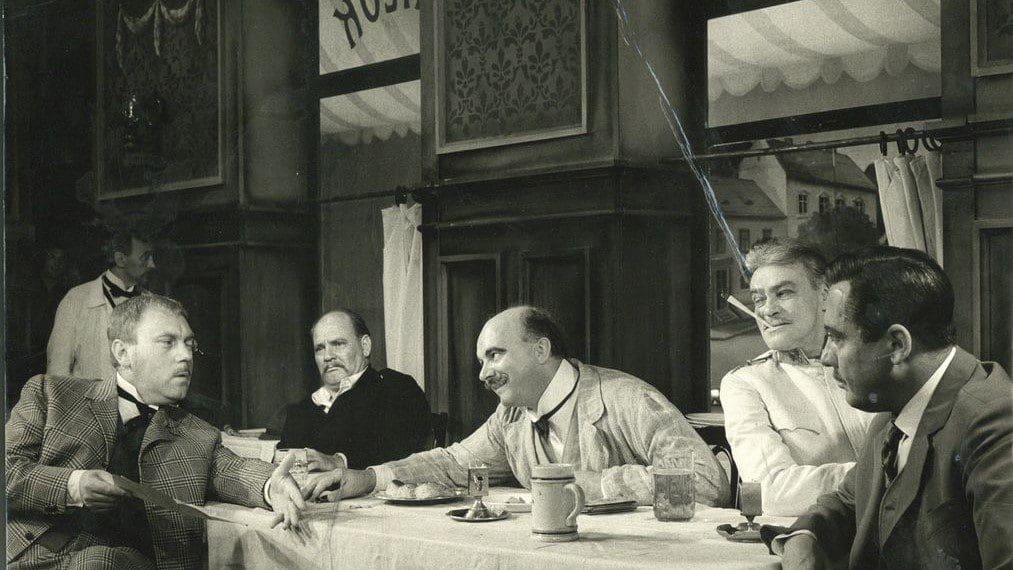
With culture and identity often taking centre stage in politics nowadays, economic issues are also increasingly looked at from a cultural point of view. In order to gain a better understanding of present-day social clashes, it is important to examine social changes in the past and their cultural fingerprint, including how literature later reflected on the painful transition to capitalism.

According to legend, it was Grand Duchess Alexandra Pavlovna who recommended the inclusion of the colour green in the Hungarian flag, as a symbol of hope.

With their fearless undertaking on 15–16 July in 1931, György Endresz and Sándor Magyar forever etched their names into the annals of Hungarian and global aviation.

Following their successful performance at the European Championship, Hungarian students also proved themselves at the RoboCup Junior world championship held in Bordeaux, France.
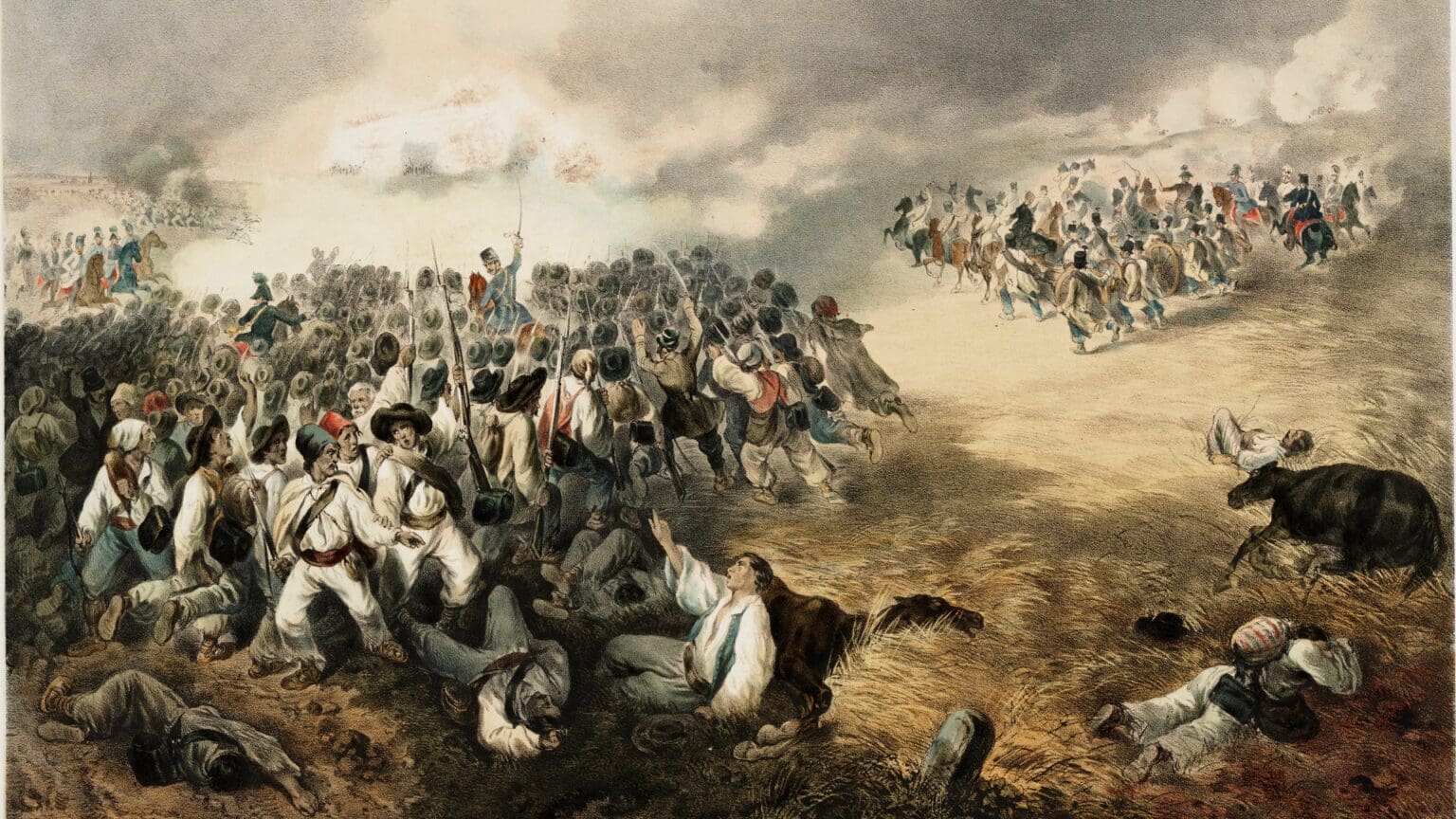
‘Governor Lajos Kossuth thanked General Guyon for his victory in a letter, writing: “Please accept my and the homeland’s gratitude for your victory won on 14 July. I am looking forward to the rest of your generalship with hope, since where such a brave army is commanded by Guyon with the heart of a lion, nothing but victory can follow.”‘

A short story of a group of desperate young Hungarians who in 1956, disillusioned with socialism, overpowered the passengers and the secret agent on a plane, successfully flew it to Germany, and the leaders of whom eventually became members of the US military.

Rubik’s creativity may have stemmed from the fact that he was a typically solitary child who, as he says, was never bored because he loved games. The more challenging the puzzles, the more they occupied his imagination.
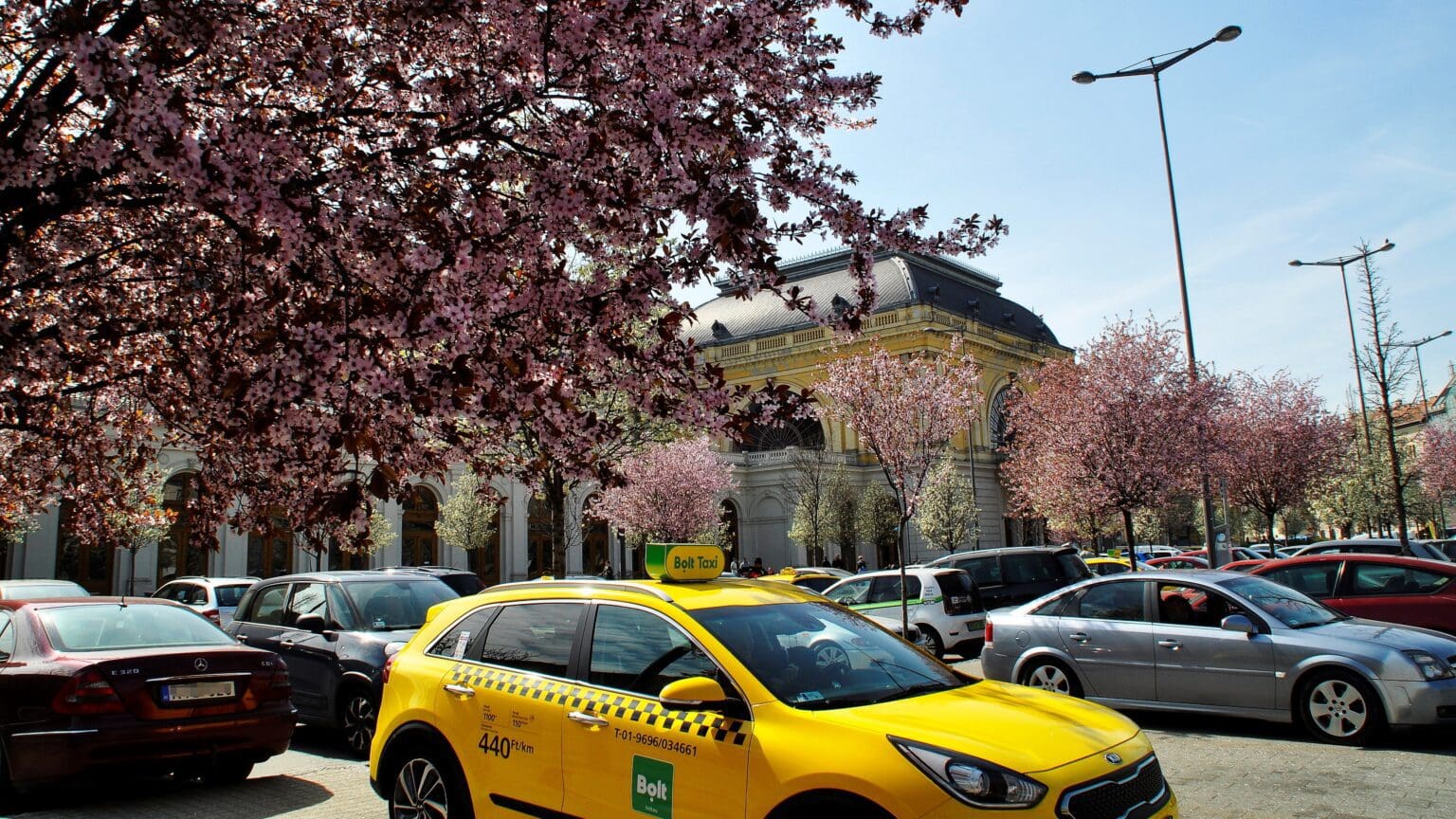
President of the Hungarian Taxi Association Zoltán Metál has requested the municipality to annul the personal taxi service permits granted in 2021 to Bolt HTX Kft. and the associated businesses by BKK. According to his argument, these permits are illegal.

Hungarian Ádám Gali of the Wigner Research Centre for Physics is the leader of an international project aiming to create a small quantum processor that can operate at room temperature under normal office or home conditions.
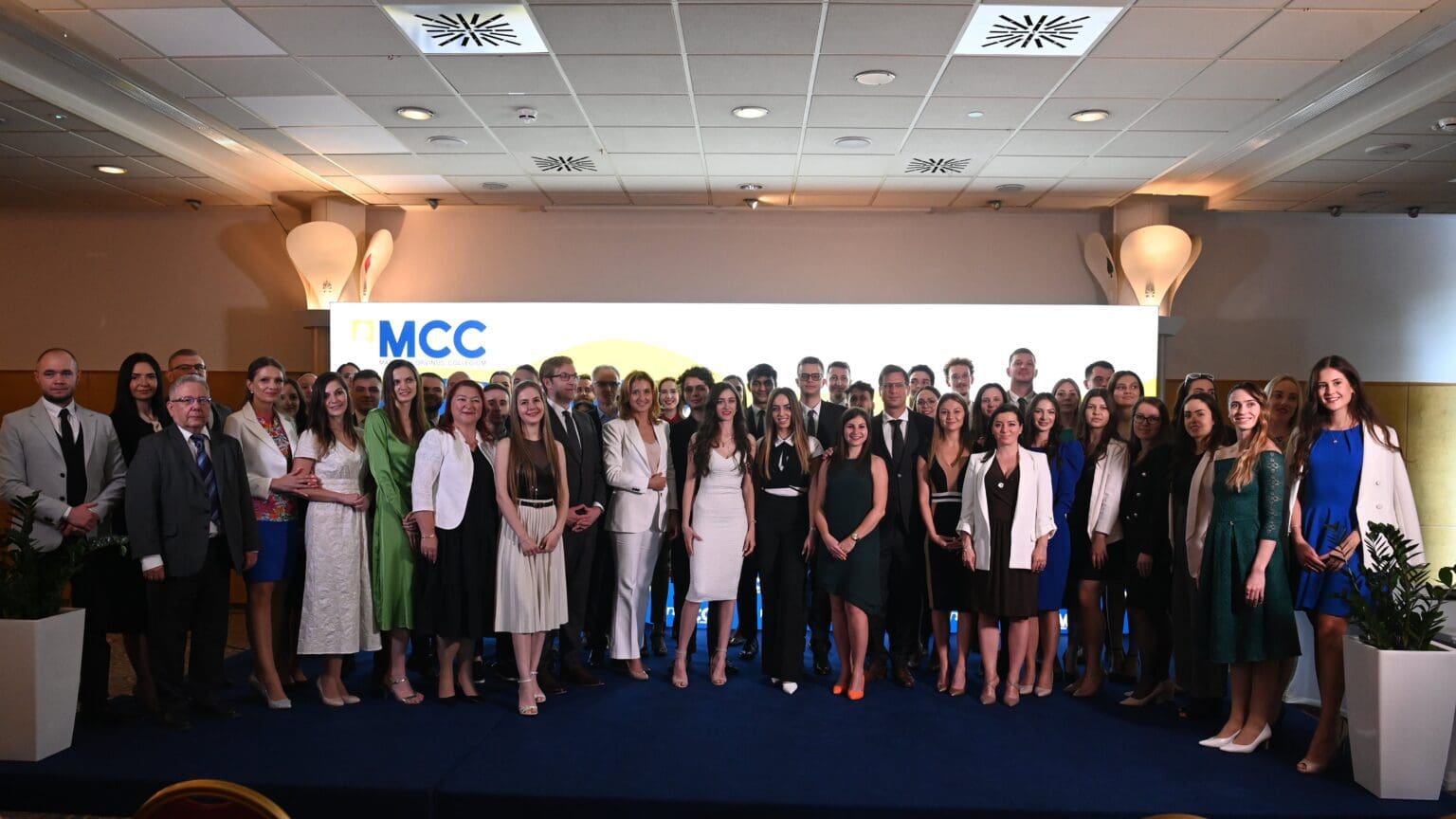
‘The goal of the MCC is for young people’s education to depend not on their financial situation but solely on their abilities and motivation,’ and to allow talented Hungarian students to utilise their enhanced knowledge acquired during foreign studies responsibly for the benefit of their country and local communities, Mathias Corvinus Collegium said in a statement calling for applications to their programmes.
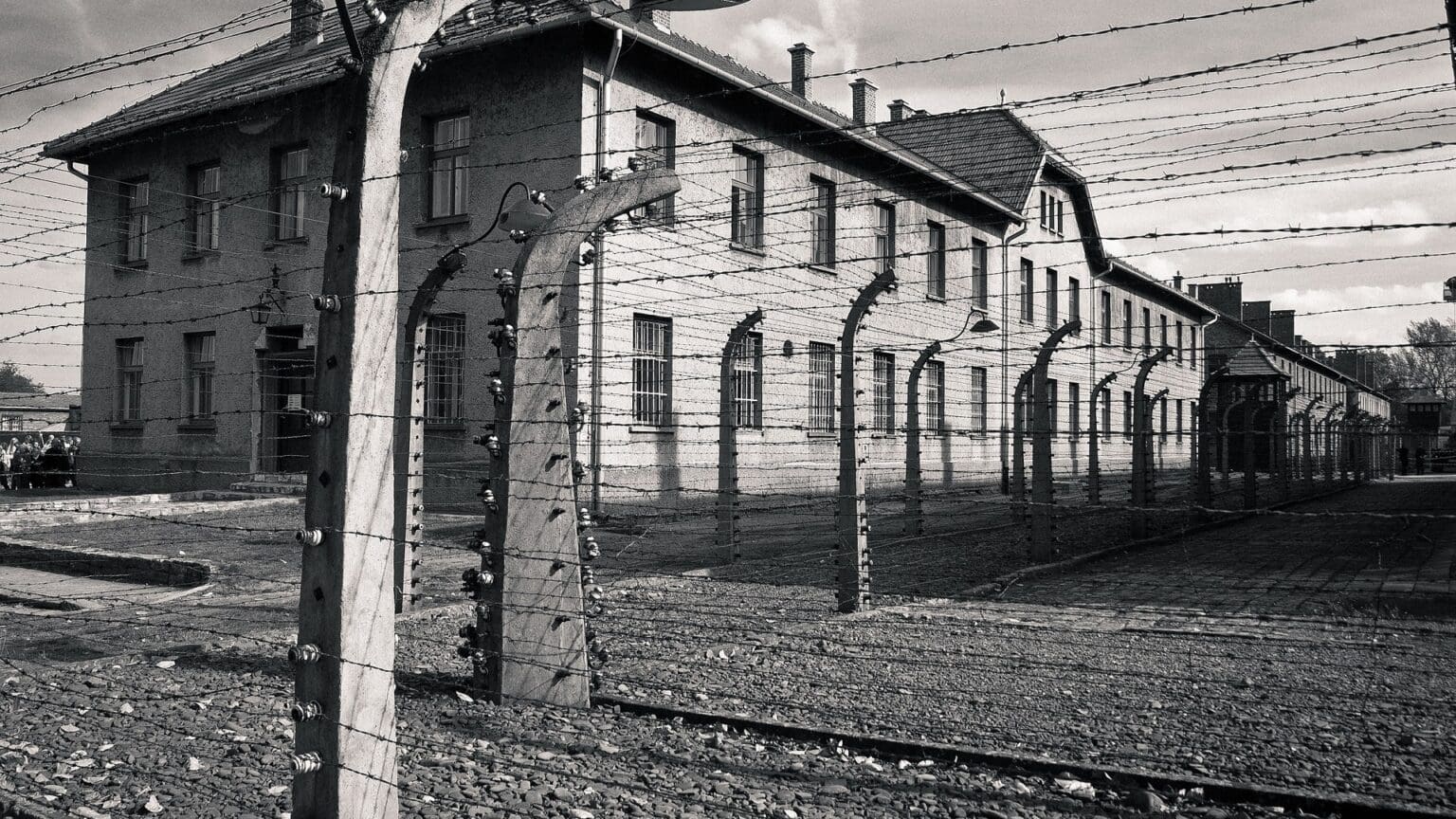
Jewish-Hungarian MP from the Horthy era Béla Fábián was held as a POW in Russia in World War i, and was taken to a concentration camp in World War II. He became an avid critic of the Hungarian Communist Party while living in exile in the 20th century, for which the Kádár regime subjected him to a smear campaign, claiming that he actually served as a ‘kapo’, a prisoner-turned-guard in his camp. Here’s the story of the extraordinary life of a special man.

AI-based developments are a focal area of the Hungarian branch of the Bosch Group. The company employs this technology in various areas at its Hungarian sites, playing a significant role in manufacturing processes, whether it is data analysis for production optimisation, optical inspection of certain processes, or planning maintenance for production line equipment.
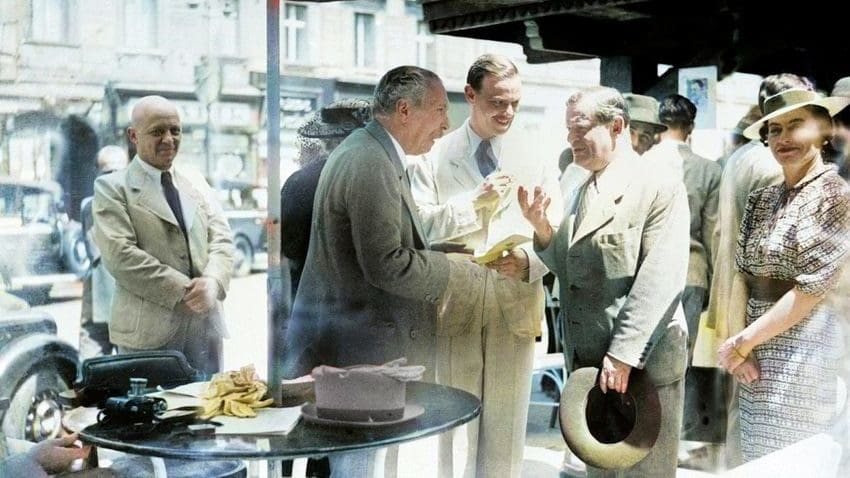
In the third and fourth decades of the 21st century, national–conservative forces will have a chance to end the left-liberal cultural hegemony that has been dominating for a hundred years now. This is where the natural alliance between right-wing party politics and the national intelligentsia takes on historic significance.

Albeit wrongly associated with the political left most of the time, green philosophy is integral to conservatism too. The late, great Roger Scruton believes that environmental protection should be based on one’s love for their local territory and community, and be dictated top-down through a globalist agenda.
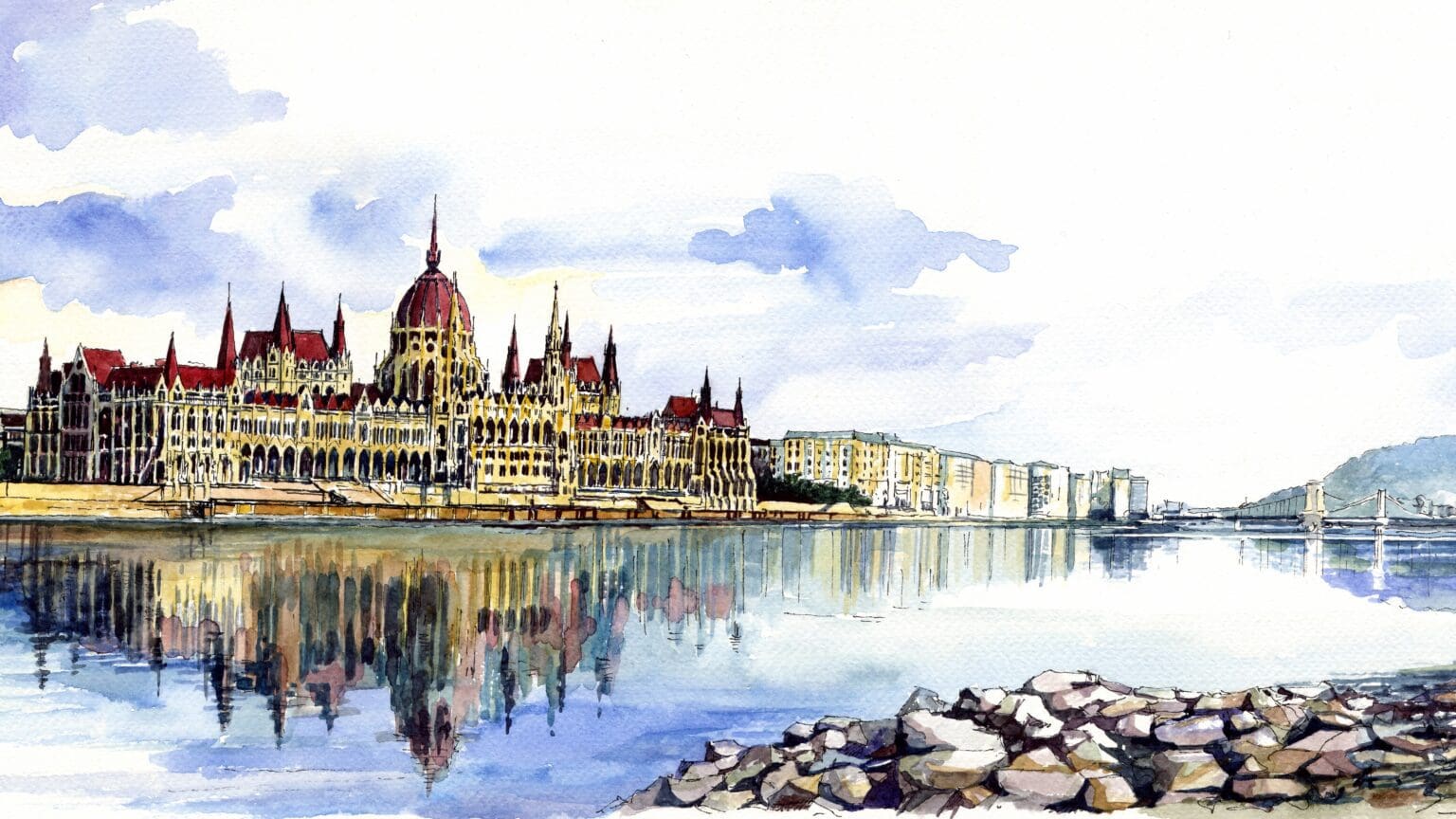
Budapest’s inclusion in the list of top student cities is the result of its exceptional educational institutions, rich cultural heritage, affordable living costs, student-friendly environment, and excellent transportation infrastructure.
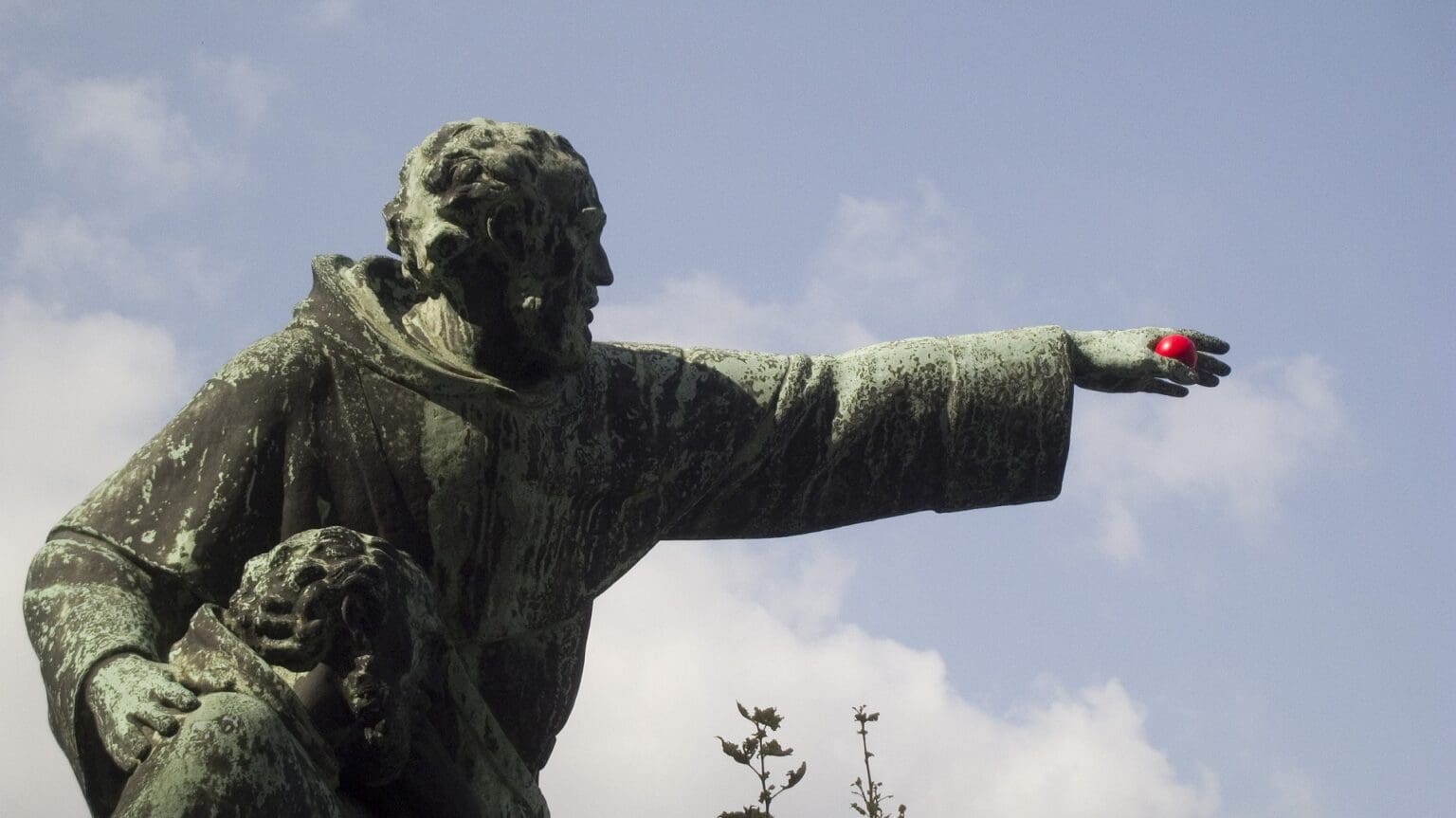
The quest to find the ancestral homeland of Hungarians has inspired ventures into the far East for many centuries. The most famous ones were made by Friar Julian in the 13th century. How much of what he purported to have found has been backed up by modern science?

‘University of Debrecen Foundation Board of Trustees chairman György Kossa said that when two global brands, BMW and DE, come together, it sends a strong message to the students studying at the university, and to the residents of the region as well.’
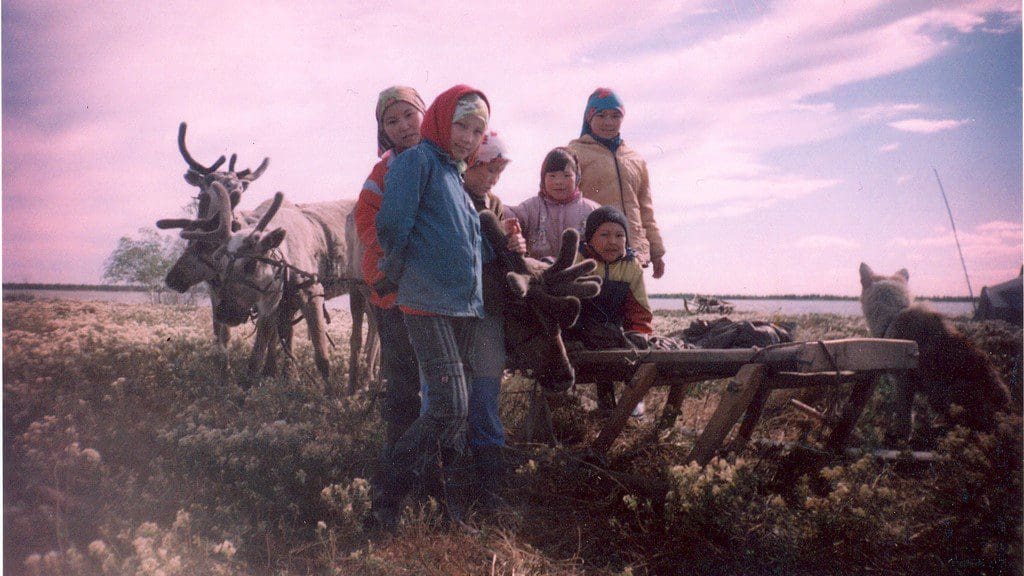
According to the subdivisions within the Uralic language family (also known as Finno-Ugric, if the Samoyedic languages are excluded) Hungarian is indeed related to the relatively widely-spoken Finnish and Estonian languages, even though the Hungarian language belongs to a different branch of the Uralic ‘tree’ than the aforementioned two. Rather than being part of the linguistic continuum of its Northern European kin on the Baltic shores, Hungarian shares stronger linguistic connections with the distant Khanty and Mansi, living as far from Hungary as Western Siberia.
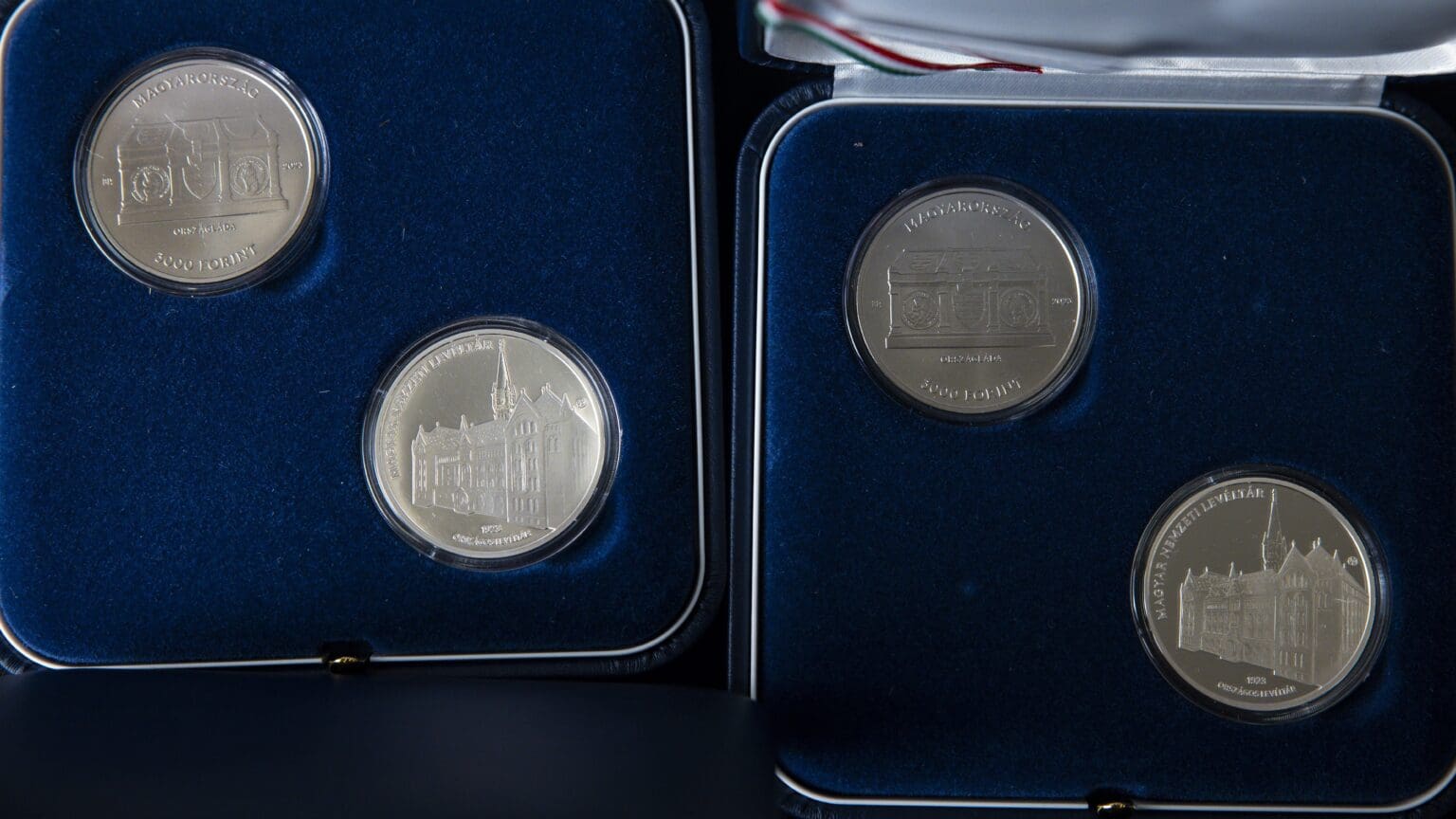
On the occasion of the 300th anniversary of the enactment of the legislation that laid the foundation for the operation of the national archives, the bank is issuing a silver commemorative coin with a face value of 15,000 forints and a coloured metal version with a face value of 3,000 forints.
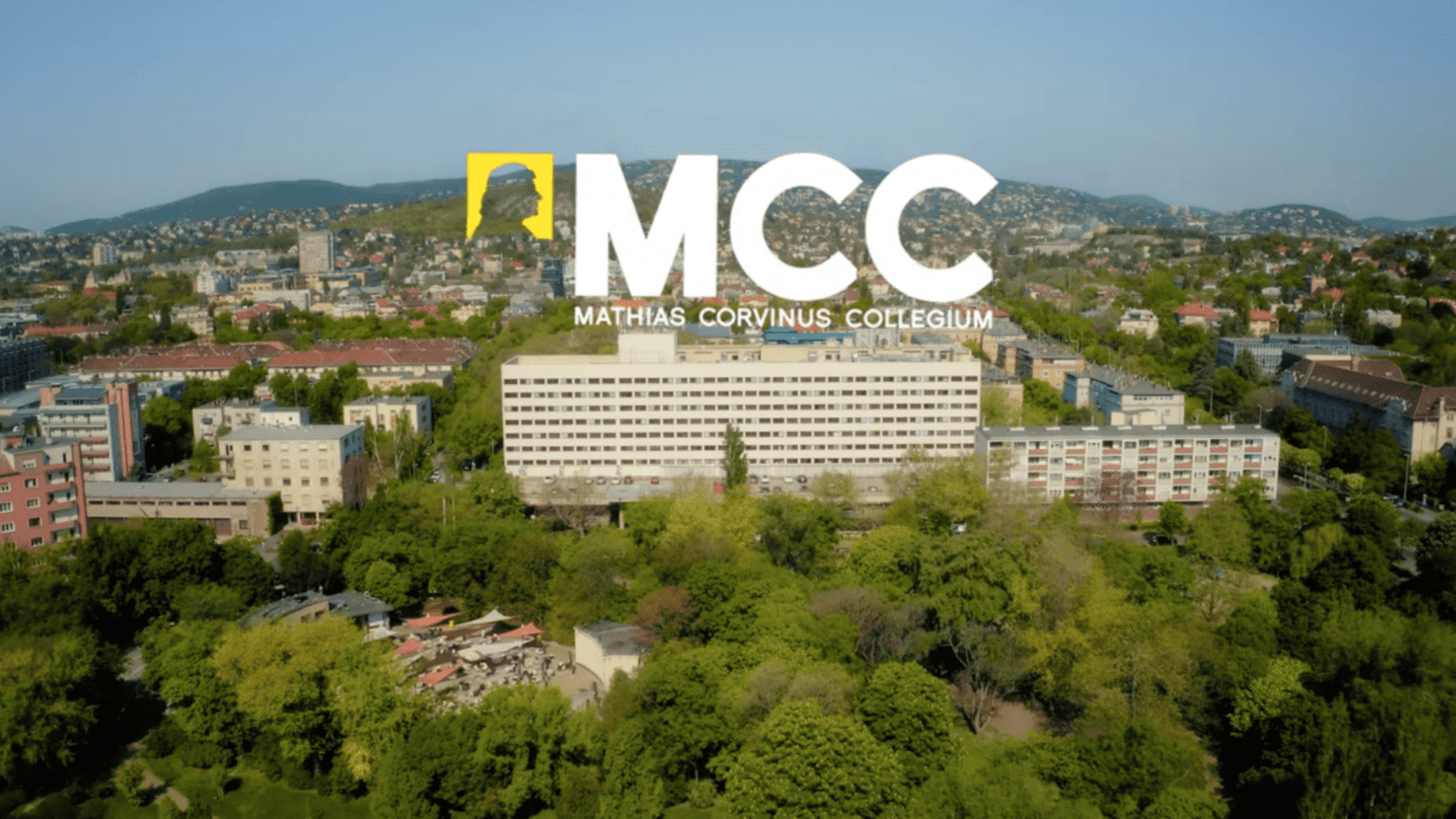
The goal of the MCC Plus programme is to make the unique talent development programmes of the Mathias Corvinus Collegium available to a wide range of individuals. It allows talented students who cannot take advantage of the residential dormitory option due to their university and other commitments, but have performed exceptionally well in the entrance exam, access to MCC’s training programmes.

Immersion refers to the state of being fully engrossed. In the context of this exhibition, it means traversable or circumnavigable spaces, objects, and the sequences thereof, where visual and auditory experiences are available in three dimensions.

On Sunday, news arrived that Csaba Varga reached the summit of Nanga Parbat, one of the highest peaks in the world. After that, there was no new information about him for a while, but it has now been revealed that he successfully descended from the summit and is doing well.
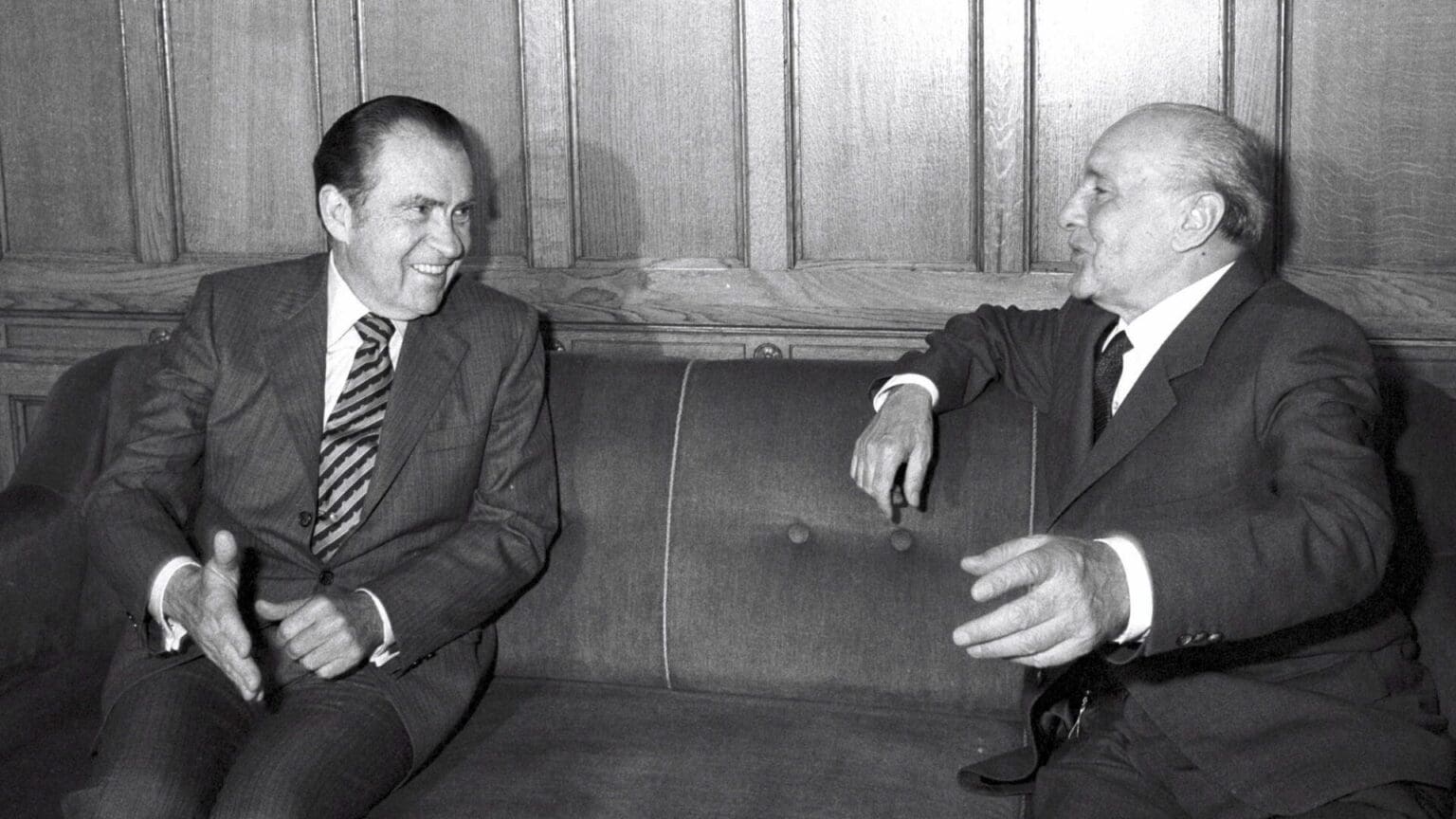
This piece provides an overview of the ‘Goulash communism’ times of Hungarian history, while attempting to answer the question: why do some Hungarians appear to be nostalgic about the Kádár era?
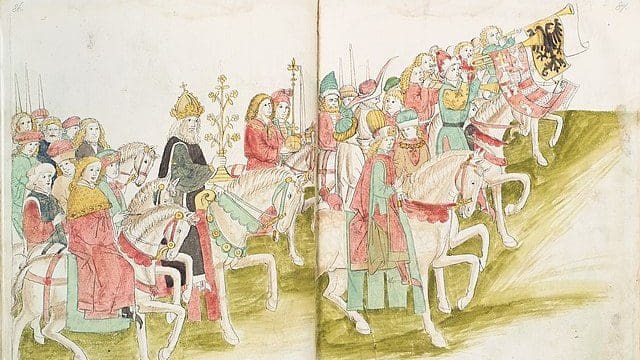
Notwithstanding his many political failures, such as the Crusade to Nicopolis in 1396, the involvement of Sigismund of Luxembourg in the short-lived, but nevertheless historical reunification of the Christian Churches cannot be discounted.
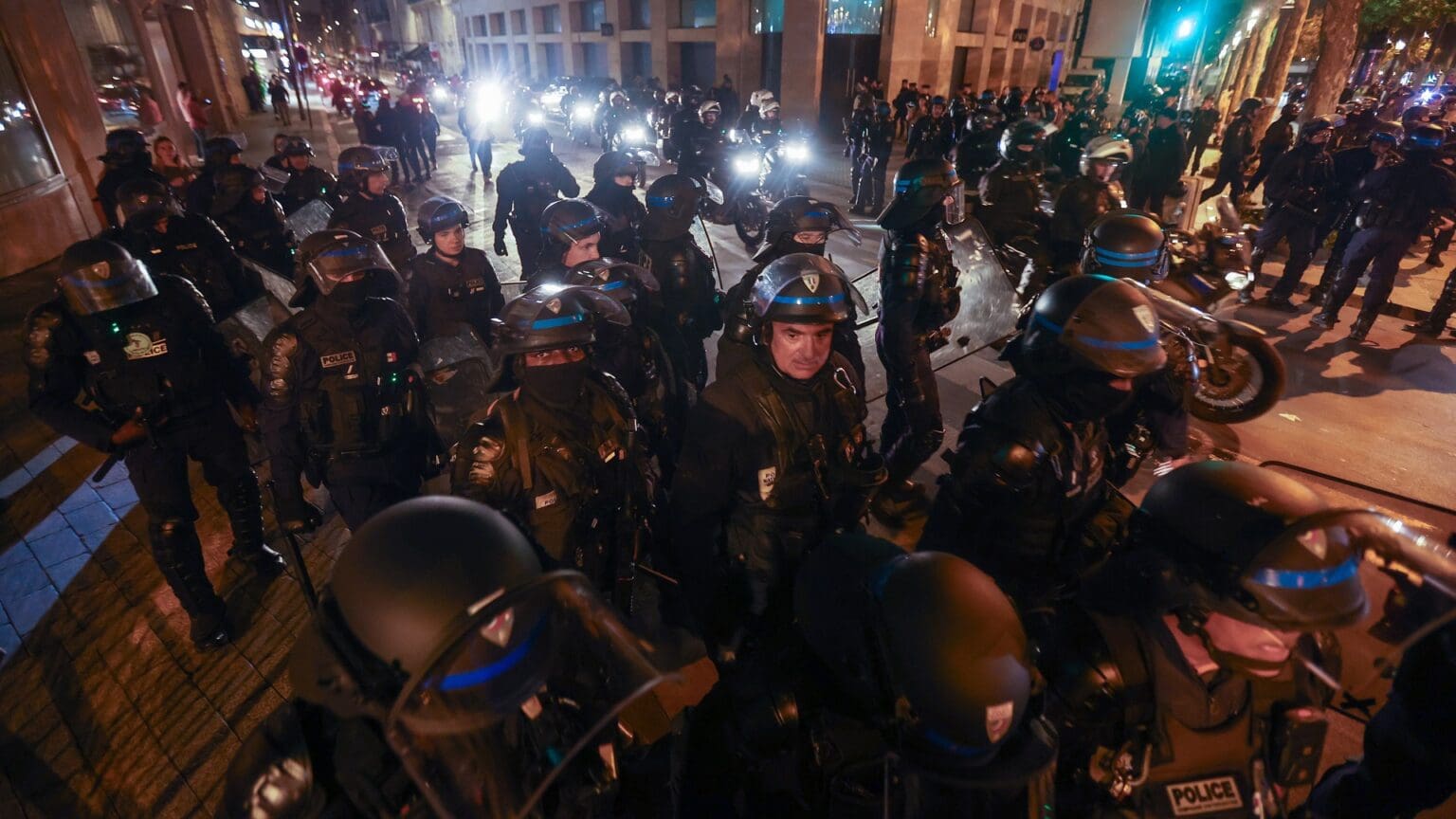
In 2017, the recent France riots were seemingly foreshadowed by the Foreign Minister of the UAE, who said: ‘There will come a day that we will see far more radical extremists and terrorists coming out of Europe because of lack of decision making, trying to be politically correct, or assuming that they know the Middle East and they know Islam and others far better than we do. I’m sorry, but that’s pure ignorance.’
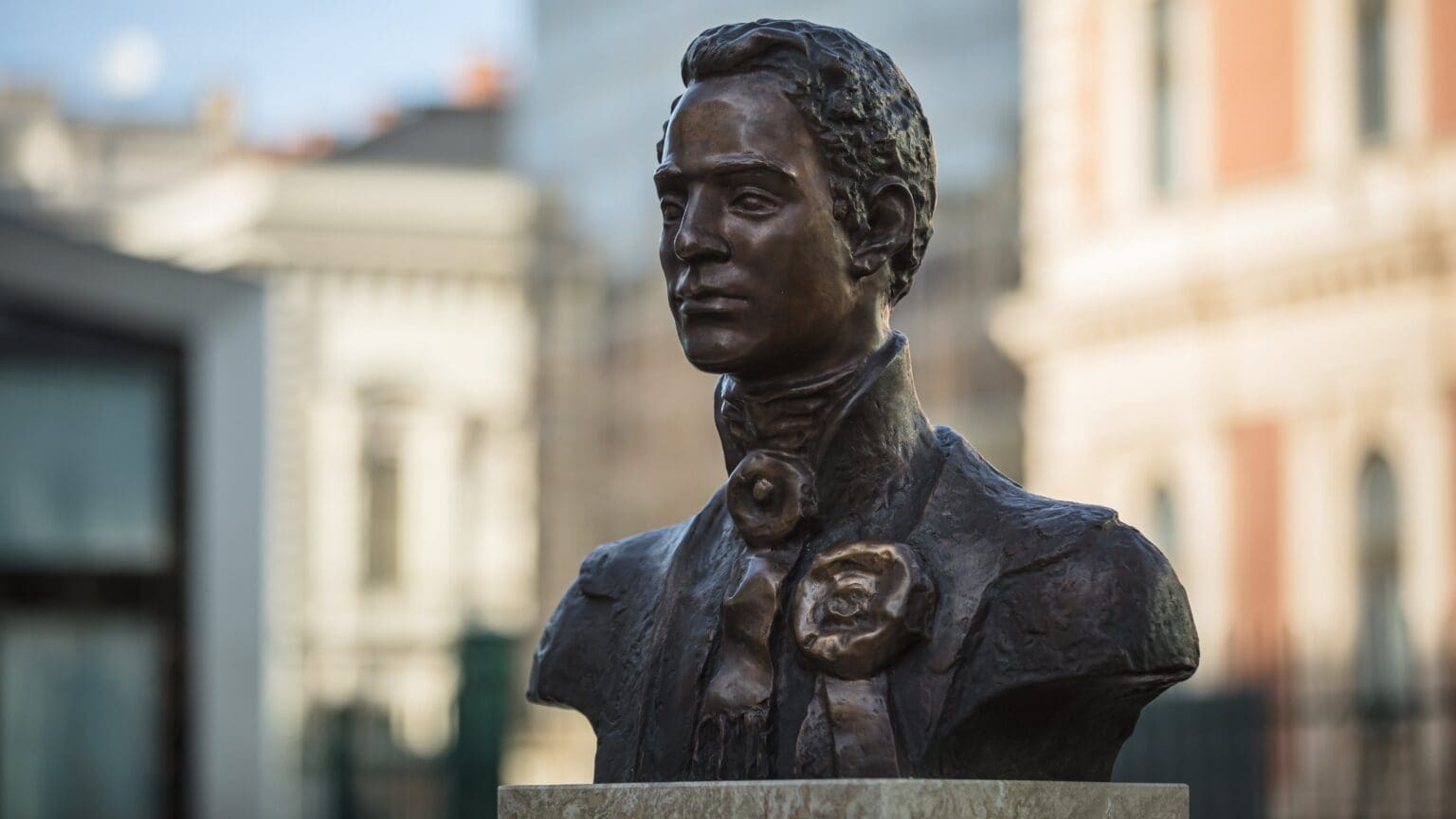
It has been 174 years since Major Pál Vasvári and his Rákóczi Free Army were massacred near Havasnagyfalu (today Mărișel in Romania), on 6 July 1849. Despite all resistance forces, the memory of the young revolutionary and his fellow martyrs is a powerful cohesive force for the dwindling Hungarian community of the Kalotaszeg (Țara Călatei) region to this day.
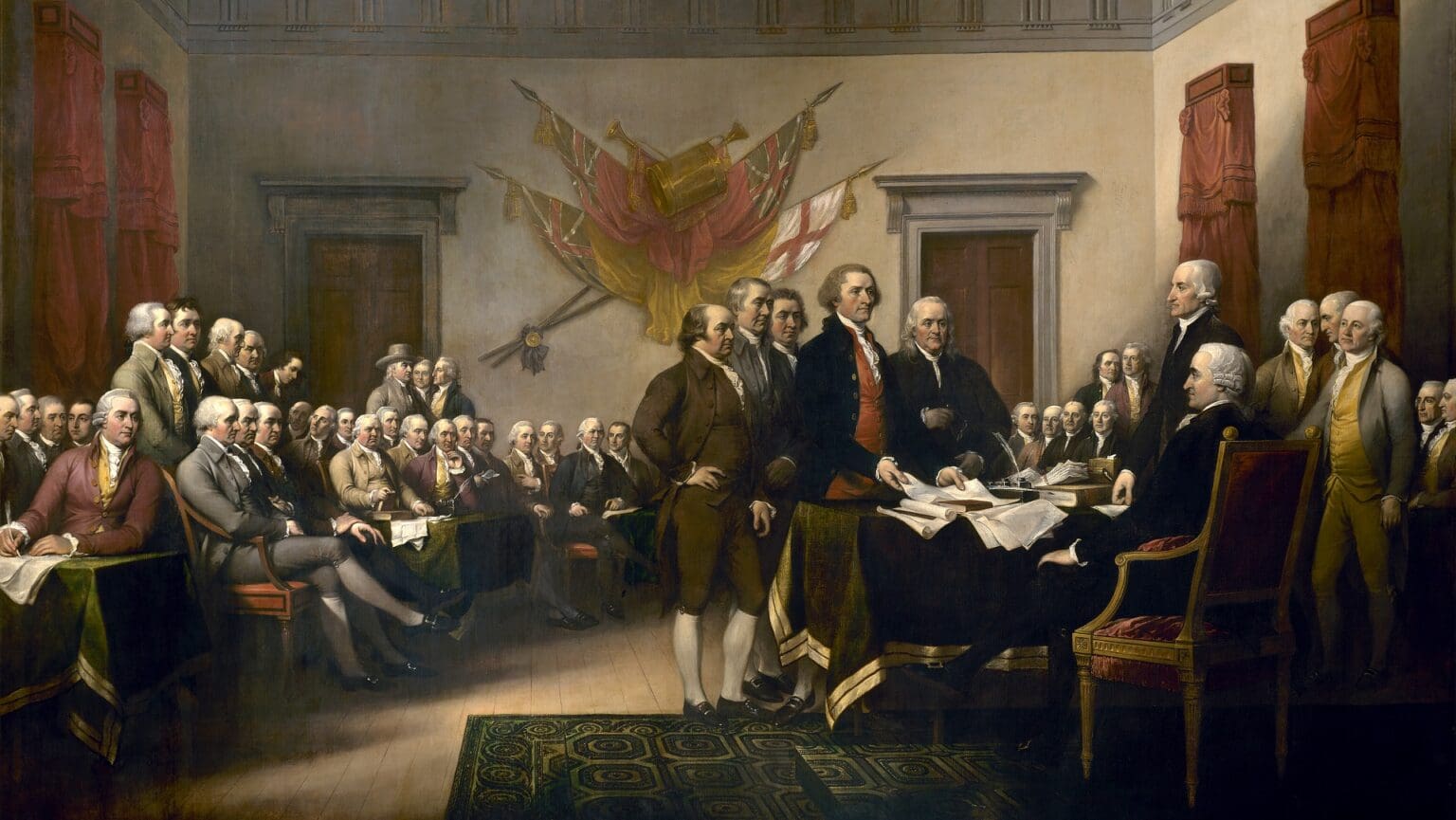
Founding father and second US President John Adams, who also happened to pass away on 4 July, believed 2 July would be celebrated by generations to come, as The Resolution for Independence was adopted by the Continental Congress then. Only a handful of delegates signed the Declaration actually on 4 July 1776, and many of them did so as late as August 1776.

Marcela Szymanski of the charity Aid to the Church in Need also welcomed the announcement. ‘It is absolutely extraordinary that six years after Hungary created a department in charge of persecuted Christians, another country finally joins them in acknowledging this reality. Not one single other nation with a Christian majority has dared to do so.’
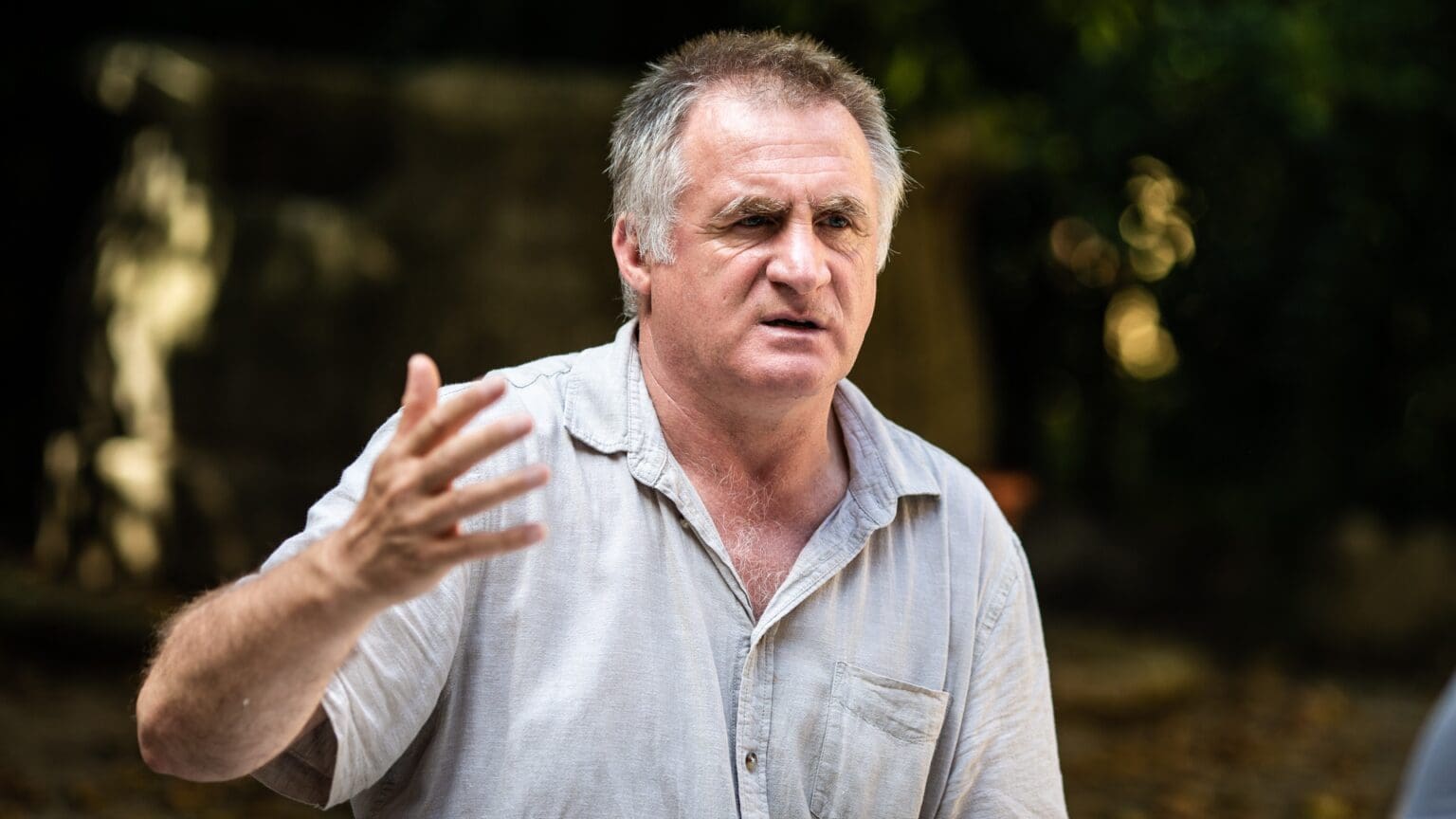
The most significant Hungarian Christian response to Pope Francis’ Economy of Francesco initiative and his peace mission has been the launching of the ‘Noon Bell – Pulsatio Meridiana, the Voice of Oikophilia’ regenerative economic platform (PM), which is planned to be listed on the Budapest Stock Exchange.
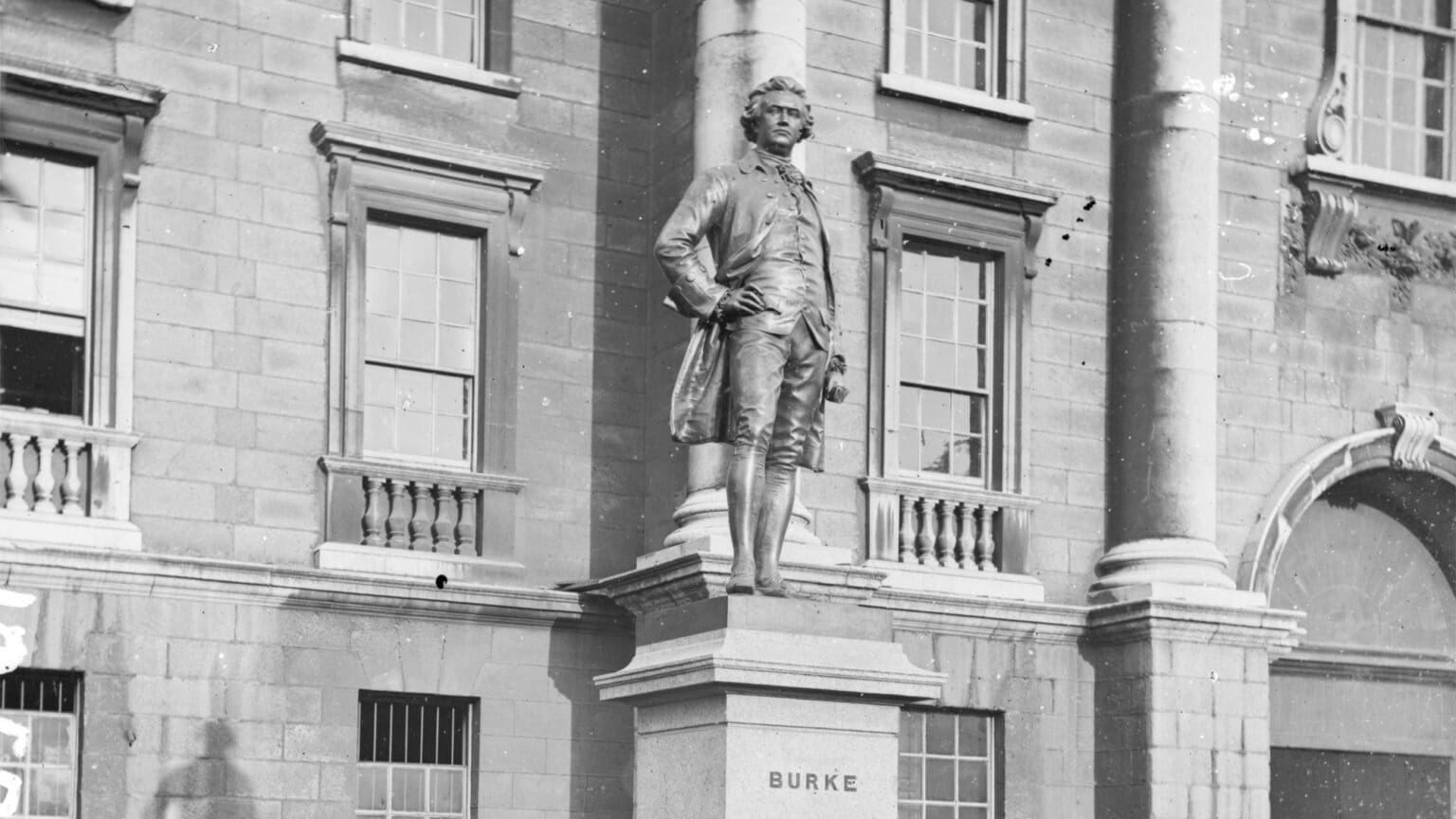
Burke’s work conveys a deep message for modern societies: ‘…it is with infinite caution that any man ought to venture upon pulling down an edifice which has answered in any tolerable degree for ages the common purposes of society.’

Hungarian Conservative is a quarterly magazine on contemporary political, philosophical and cultural issues from a conservative perspective.